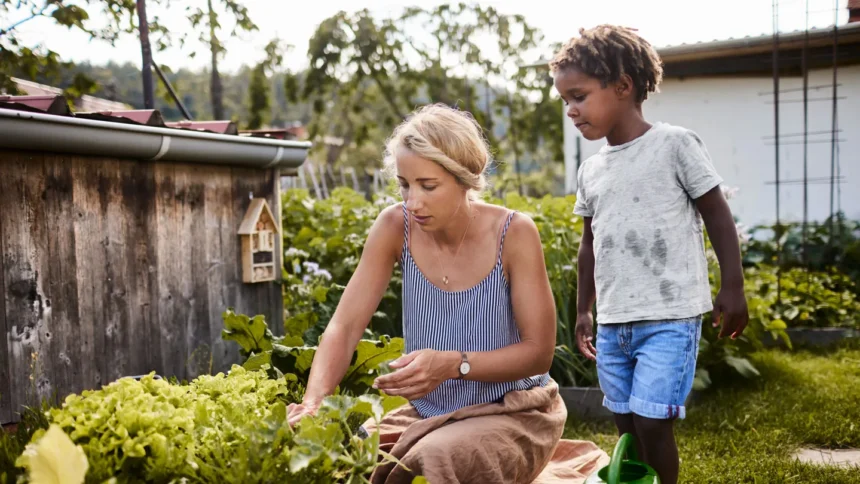August 29, 2024 — In a race against escalating global temperatures, scientists are making significant strides in developing fruits and vegetables that can withstand extreme heat. The latest innovation is the Tutti apple, unveiled at a trade show in Berlin in 2023. This new apple variety is engineered to thrive in temperatures up to 40°C (104°F), showcasing a major advancement in agricultural science.
Addressing the Heat Challenge The Tutti apple is the result of the Hot Climate Partnership, a collaboration between researchers in Spain and New Zealand. Formed in 2002, this partnership aimed to tackle the issue of heat-damaged crops, particularly apples, in Spain’s Catalan region. After two decades of meticulous crossbreeding, the Tutti apple has been introduced as a potential solution to the increasing temperatures that threaten crop yields worldwide.
Innovative Strategies for Climate-Resilient Agriculture To develop heat-resistant crops, scientists are combining traditional methods with cutting-edge technology. Genome-assisted breeding and gene editing tools like CRISPR/Cas9 are being used to enhance plants’ ability to cope with high temperatures. Research has shown that even a 1°C rise in temperature can reduce rice yields by 10% and wheat yields by 6.4%, making the development of resilient crops a critical priority.
Advanced Techniques and Success Stories Recent advancements include the development of climate-tolerant varieties of strawberries and potatoes. For example, researchers have introduced a gene called AtGRXS17 into tomatoes to improve drought resistance, and used CRISPR/Cas9 to create strawberries with better water retention. These innovations are making it possible to grow crops more effectively in increasingly hostile climates.
Economic and Accessibility Factors While these advanced technologies offer hope, they are currently expensive and primarily used in large-scale operations. However, the costs are expected to decrease, making heat-resistant and drought-tolerant plants more accessible to home gardeners in the near future. The first cultivar available to the public, a purple tomato enhanced with snapdragon genes, was released in February 2024.
Local Solutions and Practical Gardening Tips Traditional methods and locally adapted plants also play a crucial role. Indigenous seeds, such as those from Native Seeds SEARCH in Tucson, have been cultivated for thousands of years to thrive in arid conditions. These seeds are becoming increasingly valuable as global temperatures rise.
Gardeners can also implement practical strategies to help plants cope with heat, such as using the “three sisters” planting method, which involves growing corn, beans, and squash together for mutual benefit. Additionally, using mulch and shade cloth can protect plants from excessive heat, while deep, infrequent watering encourages stronger root systems.
Looking Ahead As the impacts of climate change become more pronounced, scientists and researchers are working diligently to create crops that can endure new environmental extremes. With continued innovation and research, there is optimism that future crops will be better equipped to handle the challenges posed by a warming planet.


![The founder and CEO of Telegram, Pavel Durov, delivers a keynote speech during the Mobile World Congress in Barcelona, Spain [File: Albert Gea/Reuters]](https://mahabharattimes.com/wp-content/uploads/2024/08/Pavel-Durov-150x150.webp)










